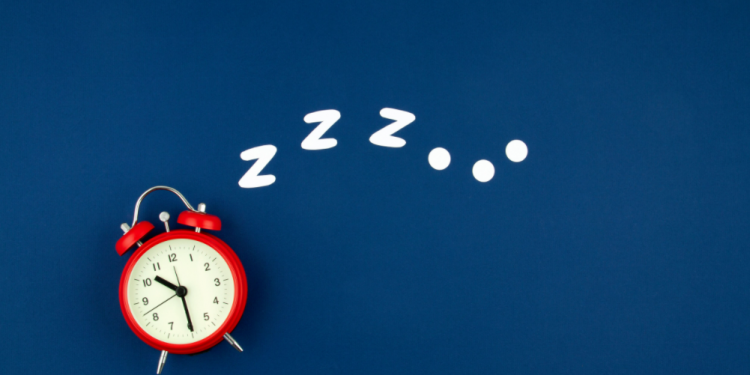by James Heuer
Most traumatic brain injury patients suffer from sleep disturbances following their accidents. The brain directs sleep by putting your body to rest, but injuring your brain causes changes in sleep. The chemicals in our body help us to know when to sleep and, when you’ve become injured, those chemicals are affected. Taking medications after a TBI can also cause sleep problems such as falling asleep or staying asleep, as well as causing sleepiness that can make functioning and participating in daily activities difficult.
With sleep disturbances comes an increase of issues such as depression, anxiety, fatigue, irritability, traffic accidents, and poor work performance. Studies show sleep disturbances affect roughly 60% of people with a TBI. Whether the brain injuries are mild or severe, an array of sleep problems can occur.
TBI patients frequently suffer from insomnia, which is the struggle to fall or stay asleep. Insomnia can create behavioral and cognitive problems, as well as increase the severity of slowed reaction time, creating a higher risk of car accidents. Insomnia usually improves with time because it is worst right after the brain injury has occurred.
Another sleep problem detected in TBI patients is excessive daytime sleepiness, also known as extreme drowsiness. The inability to maintain wakefulness and alertness during the major waking hours of the day can increase problems in daily life. Some TBI victims suffer from daytime sleep attacks, resulting in sleeping at inappropriate times of the day. A total of 10-15% of the general population suffers from sleep attacks, while in contrast, 50-80% of TBI patients struggle with this sleep syndrome. This uncontrollable and sudden falling asleep is defined as narcolepsy and can lead to safety concerns. One example is falling asleep behind the wheel of your car while driving on a busy road.
Common sleep syndromes can coincide with sleep disorders found in TBI patients such as restless leg syndrome (RLS), which is the urge to move your legs because they feel uncomfortable, especially at night or when lying down. Another common condition is bruxism that leads you to grind and clench your teeth.
Sleep disordered breathing, more specifically sleep apnea, is brief pauses in breathing during sleep and is a very serious concern. Breathing control during sleep changes after a TBI, resulting in spurts of apnea. Since the sleep apnea makes your breathing stop for a time, your blood oxygen levels drop and you may snore loudly. Severe sleep apnea may even cause death.
Other various mental states TBI sleep disturbances can activate include, but are not limited to, depression, anxiety, and post traumatic sleep disorder. Patients with traumatic brain injuries have high rates of depression and anxiety. Often a TBI heightens that anxiety and depression, and at other times the traumatic injury creates the disorder. Not treating either of these conditions can and will prevent successful treatment of TBI patients with a sleep disturbance.
Although living with a TBI can cause these sleep disturbances, refractory and conventional treatments are available to help improve patients’ conditions. Cognitive behavioral therapy is used for patients with insomnia to improve sleep quality and includes stimulus control, sleep restriction, cognitive restructuring, and fatigue management. Some patients are given sleep aids for insomnia like benzodiazepines. In some cases, acupuncture is considered a viable treatment for helping with the quality of sleep following a TBI.
Different aids can treat sleep apnea following a TBI such as a continuous positive airway pressure (CPAP) breathing device, which delivers air pressure to keep your airway open. Another aid used is a mandibular advancement device a dentist makes to reposition the lower jaw and tongue forward to reduce throat constriction and create airspace. It is important to use either suggested device continually, as about 50% of people eventually abandon the treatment, therefore making it unsuccessful.
Before treating a patient with post-TBI sleep disorders, all underlying anxiety and depression issues must be identified and attended to. Treating sleep disorders and syndromes persistently is crucial because they can delay the recovery post-TBI.











